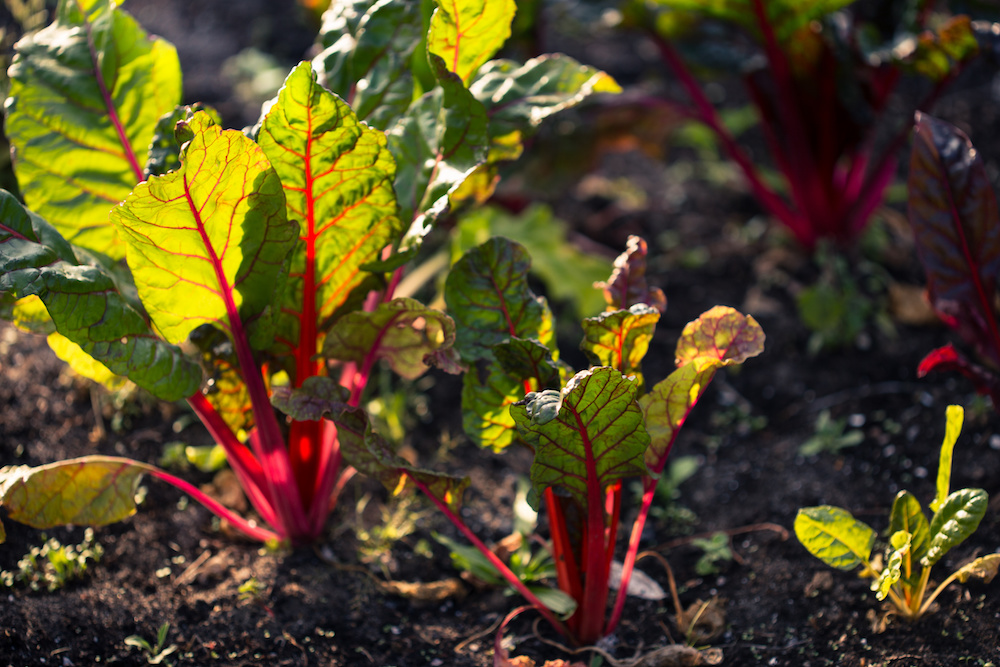
What is “healthy”? How we define healthy varies from person to person. But, if the first image to pop into your head is a colorful salad, that’s not surprising. We all know fruits and vegetables are good for us — it’s common sense!
If I ask you to rate the healthfulness of mac and cheese versus cheesy broccoli, you’ll probably say the latter, and no, it’s not a trick question! After all, broccoli is packed with fiber and vitamins A and C.
But, what if I asked you, what’s healthier: broccoli or Brussels sprouts? That question is not so easy to answer. It requires you to dig in deep and really think about all the beneficial nutrients that broccoli and Brussels sprouts have to offer. Wouldn’t it be nice if you had some sort of score that could help you? Enter nutrient density.
What Is Nutrient Density?
The nutrient density of a food is the ratio of beneficial ingredients to the food’s energy content for the amount that is commonly consumed. A high score is a tip-off that the food contains more beneficial nutrients compared to calories. Foods can be scored and ranked, making it easier to see which foods contain a lot of nutritional bang for your calorie buck.
There are many ways to slice and dice a nutrient density score. Without getting bogged down in the math, just know that a nutrient density score gives a snap comparison between nutrients you should eat more of (think: vitamins A, C, fiber, calcium, iron, etc.), and nutrients you should eat less of (think: saturated fat, added sugar, sodium, etc.). Higher scores indicate foods you should choose more often.
What Does Nutrient Density Have to Do With Health?
Not surprisingly, obesity and chronic diseases are huge problems for Americans, and our food choices can play a big role in making matters better or worse. The typical American diet of burgers, fries and sugary drinks is energy rich (aka high in calories) but nutrient poor (aka low in vitamins and minerals). So, most nutrition experts will steer you towards nutrient-dense foods like fruits, vegetables and whole-grains.
If you make a habit out of choosing nutrient-dense foods, they will displace the not-so-healthy items in your diet. Studies show that nutrient density is an accurate predictor of healthy diets. The downside is that we don’t have substantial evidence to say that showing someone a nutrient density score will change their eating decisions, but that doesn’t mean that it won’t!
“Powerhouse” Foods: Nutrient Density in Action
One fun application of nutrient density is the CDC’s effort to define “powerhouse” fruits and vegetables. Think of them as the cream of the cream of the crop for what you should be eating to reduce chronic disease risk. The CDC scored 47 foods based on their contribution of fiber, potassium, protein, calcium, iron, thiamin, riboflavin, niacin, folate, zinc and vitamins A, B6, B12, C, D, E and K! Here’s how a few of those foods stacked up:
- Chard = 89
- Spinach = 86
- Romaine Lettuce = 63
- Kale = 49
- Broccoli = 35
- Brussels Sprouts = 32
- Cauliflower = 25
- Blackberry = 11
- Sweet Potato = 11
Are you shocked some items scored so low? That’s because the scoring is based off of 47 foods that are good for you. Nutritious foods like avocado don’t even make the cut because they’re calorie dense. As with any scoring system, it’s good to have an understanding of what rules are being used. Be an informed consumer!
So, Does Nutrient Density Matter?
Yes, it absolutely does! You don’t need to get hung up on the minutiae of using a nutrient density score to benefit from choosing nutrient dense foods. If you’re a new to nutrition and want to slash calories while eating a nutritious diet, stick to fruits, veggies and whole-grains. If you’re more advanced, you can look into nutrient density scores to learn more about your food.
You can get creative by cooking up a meal using nutrient-dense ingredients. Just explore Zipongo’s recipes on Zipongo’s Mobile App for plenty of tasty recommendations!

